 Welcome
Welcome
“May all be happy, may all be healed, may all be at peace and may no one ever suffer."
- A
- B
- C
- D
- E
- F
- G
- H
- I
- J
- K
- L
- M
- N
- O
- P
- Q
- R
- S
- T
- U
- V
- W
- X
- Y
- Z
Capillaries - Diseases
Capillaries are the smallest and most numerous blood vessels in the body, with a diameter that is only slightly larger than that of a red blood cell. Capillaries connect the arterioles (small arteries) and venules (small veins) and form an extensive network throughout the body's tissues and organs.
Capillaries play a critical role in the exchange of gases, nutrients, and waste products between the bloodstream and the body's cells. Oxygen and nutrients are delivered to the cells through the capillaries, while waste products such as carbon dioxide and metabolic byproducts are removed from the cells and transported away by the capillaries.
Capillaries also play a role in regulating blood flow and blood pressure by constricting or dilating in response to changes in oxygen and nutrient demands within the tissues.
Disorders that can affect capillaries include diabetes, high blood pressure, and autoimmune disorders such as lupus. In these conditions, the capillaries may become damaged or dysfunctional, leading to a range of symptoms and complications depending on the affected organs and tissues. Treatment for capillary disorders may involve medications, lifestyle changes, or other specialized therapies, depending on the underlying cause and severity of the condition.

Pharynx
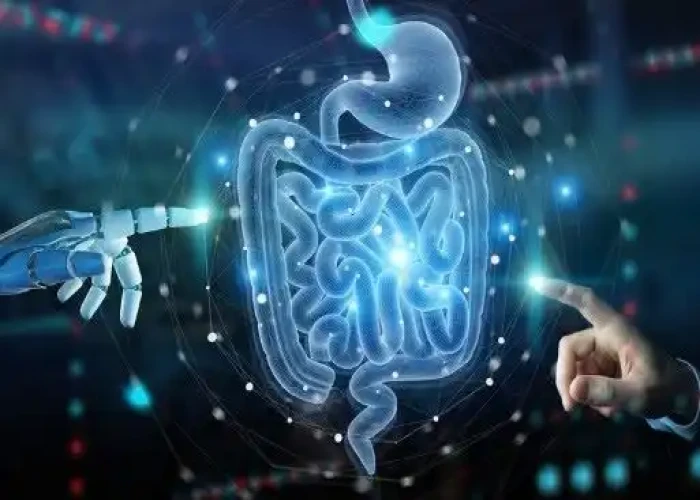
Ileum intestine
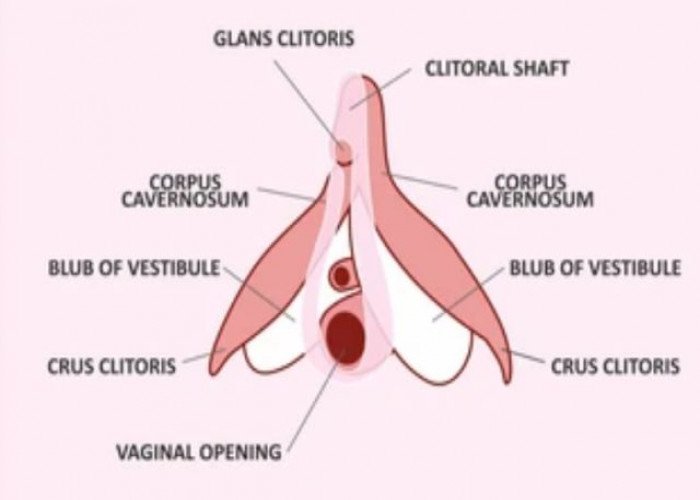
Clitoris
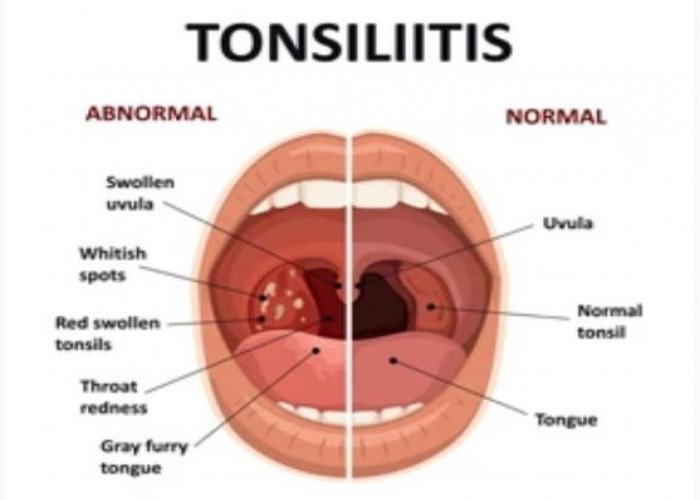
Tonsils
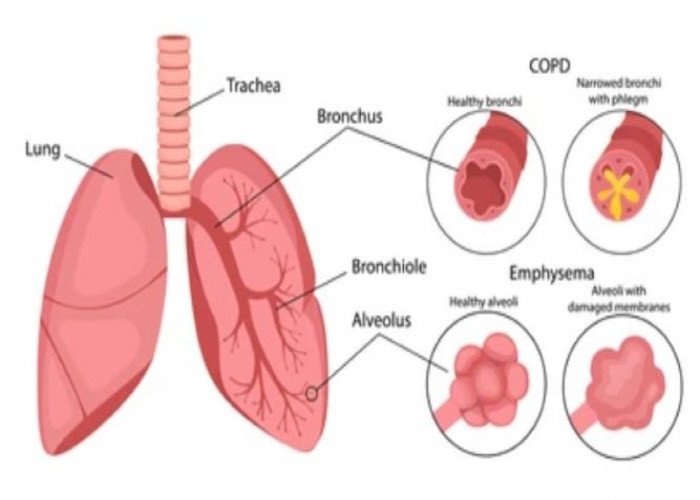
Bronchi
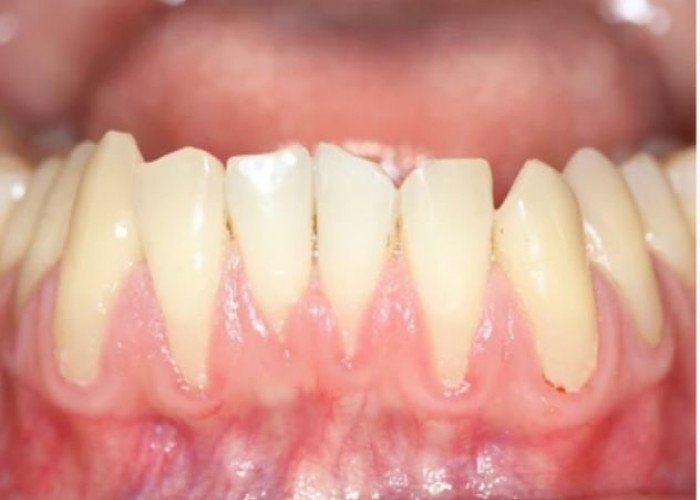
Gum

Head
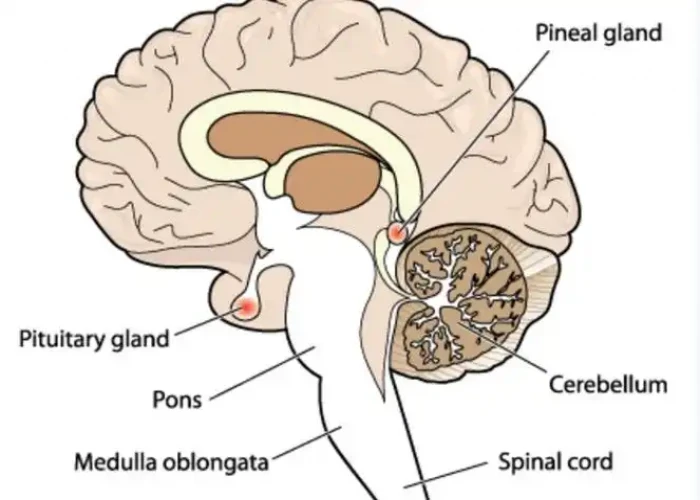
Medulla oblongata Brainstem
Capillaries, Fenestrated capillaries, কৈশিক
To be happy, beautiful, healthy, wealthy, hale and long-lived stay with DM3S.